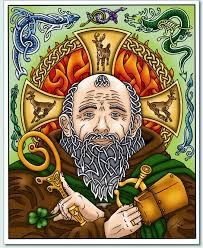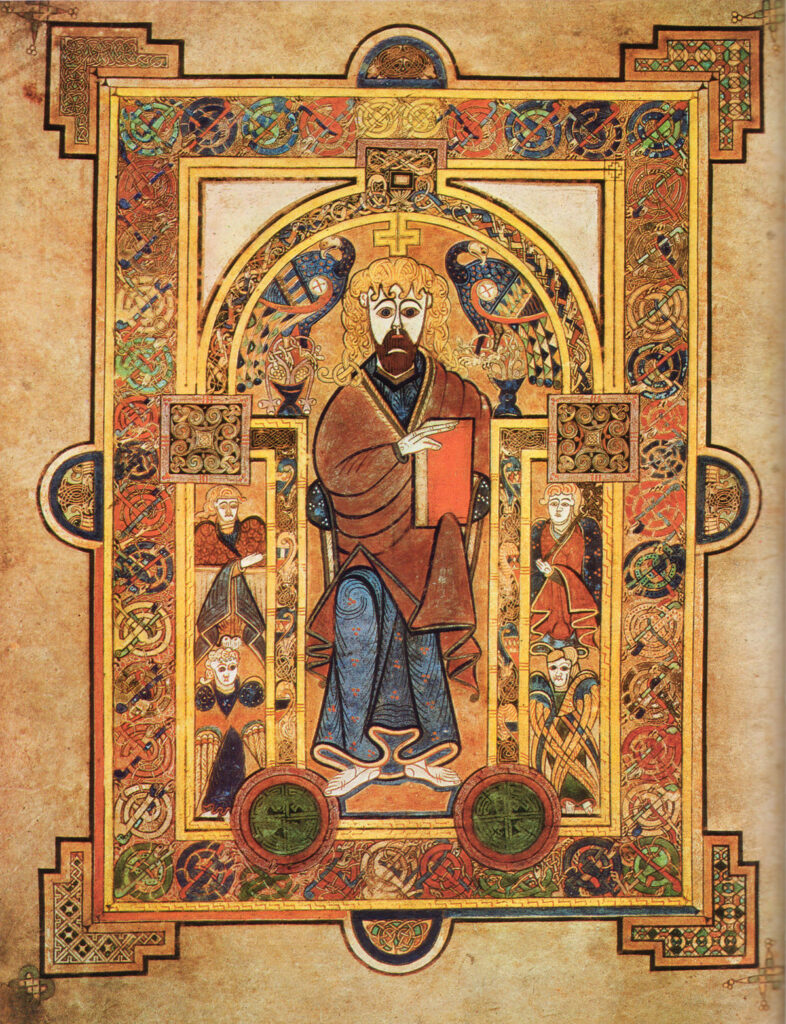
The lot of a student has not become any easier over time with constant demands for higher grades to get into college or university. However if student life seems unbearable, cast a thought about what life was like for the students studying at a Bardic School, such as the one founded in 1442 by Diarmaid (na dtrí Sgol) Uí Cléirigh at Kilbarron Castle.- perhaps things will seem not too bad!!
The school year started at Michaelmas (29th September) and lasted to the 25thMarch. There was a short break for Christmas.
At the start of the school year, students gave gifts and other payments to their masters to defray the expense of their instruction, lodging and meals. Gentlemen landowners and farmers supported the schools, supplying abundant quantities of provisions as well as entertaining students at weekends.
The course of study lasted a minimum of seven years to become a File (Poet)
Rise at Dawn
On the morning student wrote down all verses of the poem memorised from the night before. This was listened to and corrected by the master Ollamh.
Breakfast- Oatmeal or porridge
Study day
- Language study- Latin, Greek or English
- Study of Gaelic formal poetic language and metre.
- Memorisation drills
- Composition exercises
- Recitations (The Ceann Ollamh’s recitations etc.)
Lunch – Fish, Oatmeal bread, beer
An aspiring poet had to complete twelve years of training to qualify as a scholar.
A trained scholar (ollamh) could versify on any subject on demand, as well as recite any one of c. 350 long verse poems and prose tales. He was a master of grammar, law, philosophy, history, geography, genealogy, myths and the near-forgotten older Irish of the poet class.
Afternoon
Study of Chronicling (History, Genealogy etc)
Literature (Greek, Latin, English as well as Gaelic)
Evening

Students accompanied Master Ollamh to the houses or castle of lords to read or recite his verses in a manner of his choosing. These will always include old or archaic words or phrases not in common use.
His poems could praise his chief’s bravery and hospitality, pronounce on enemies curses whose words were believed to carry a magical power to inflict harm, incite plunder of clan rivals, recount feats of heroism, and mark births, marriages and deaths in the chief’s family.
Night
Student went to bed in a dark room to begin memorising their new poetic composition for the following day.
